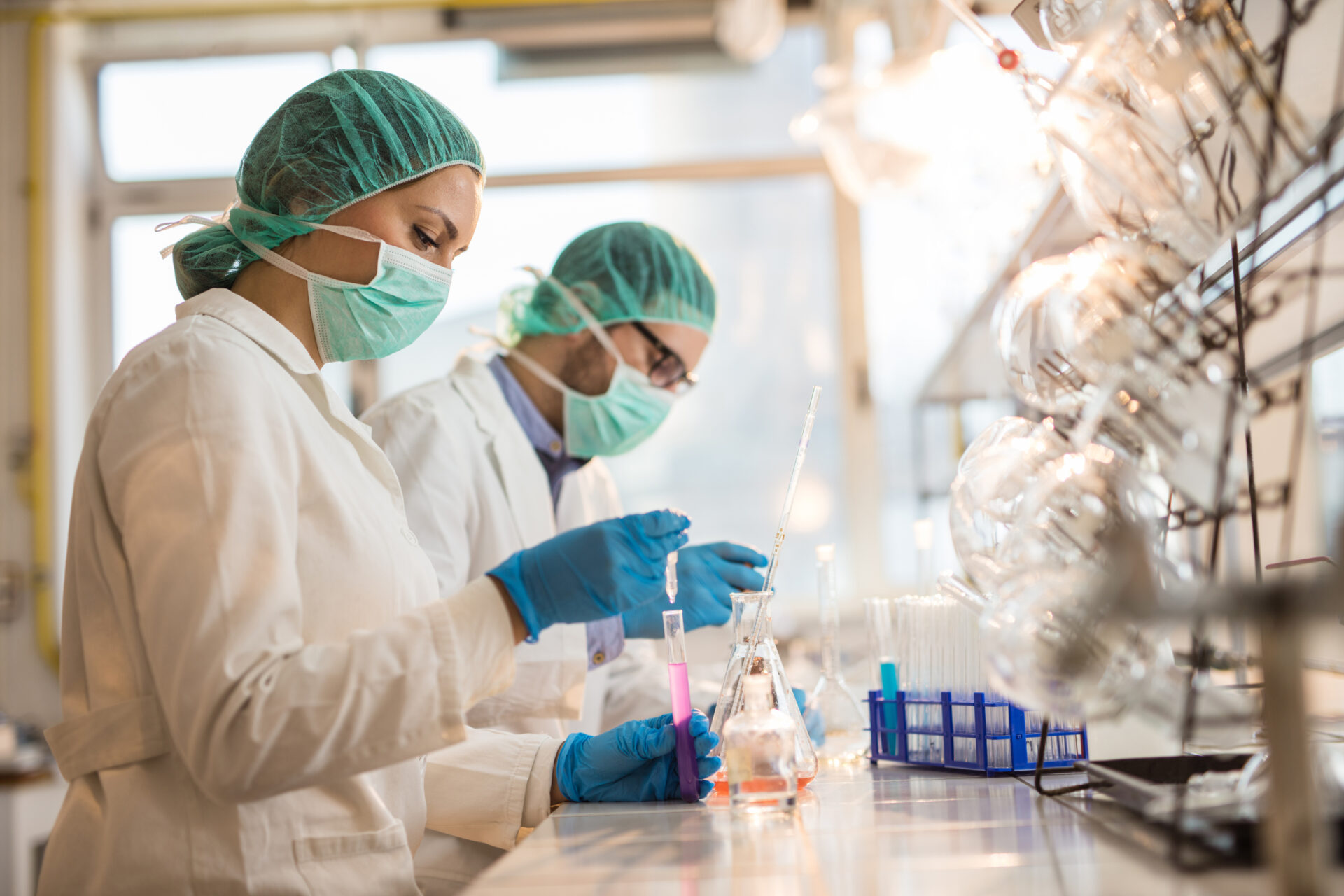Tibolone is a synthetic steroid with estrogenic, androgenic, and progestin properties. Its active ingredient belongs to the broader selective estrogen receptor modulators (SERMs) category. These drugs bind to estrogen receptors, the main female hormones, performing agonist or antagonist activity depending on the target organs. The first drugs belonging to this group were used for the treatment of breast cancer since they prevent the activation of cancer cells through their action on the organs affected by estrogen, including breast tissue.
SERMs are a particularly broad category, and since the 1960s, when Tibolone was first synthesized, their use has also been proven in hormone replacement therapy (HRT) that can counteract diseases related to menopause and postmenopause. Since 1988, Tibolone has been widely marketed in a variety of EU and non-EU countries.
What is the mechanism of action of Tibolone?
The estrogenic activity of Tibolone is particularly effective on brain, bone, and vaginal tissues, while it has no estrogenic activity on breast tissue and the endometrium. The pharmacology of this active ingredient is particularly complex, its hormonal activity occurring through metabolization into three different metabolites or active ingredients: 3α-hydroxytibolone and 3β-hydroxytibolone, with estrogen agonist effects, and δ4-tibolone, a progesterone and androgen agonist.
The selective action of Tibolone, which makes it effective differently depending on the target organs, is related to the metabolism reaction, enzymes, and different receptor activations that may vary in various tissues. In addition, Tibolone is metabolized in the liver and intestines. These characteristics distinguish it significantly from other SERMs, making it more recommended for specific therapeutic uses.

Use of Tibolone in menopause
Hot flashes, irritability, and insomnia are just a few of the symptoms that affect women during menopause. These are compounded by sexuality disorders, changes in libido, and a high risk of developing cardiovascular problems and osteoporosis that can worsen in postmenopause. To counter these conditions and alleviate the symptoms caused by this period of change, hormone replacement therapy (HRT) has been proven helpful for years.
In this field, Tibolone plays an essential role in both treatment and prevention. The drug:
- reduces hot flashes episodes;
- protects bone health;
- counteracts vaginal atrophy;
- counteracts urogenital symptoms typical of menopause (such as vaginal dryness or dyspareunia).
Furthermore, it has been proven by several studies that Tibolone has a positive effect on mood and sexual function, counteracting the loss of libido that many women experience during menopause. This additional benefit, relevant to other active ingredients used in HRT, is its ability to act on androgen hormones.
Treatment of osteoporosis with Tibolone
Generally, a woman’s bone stock is formed until age 20 and remains stable during the childbearing years; however, with menopause, bone mineral density (BMD from English) begins to decrease. This decrease, as well as the other disorders mentioned earlier, is caused by the deficiency of estrogen, which plays a vital role in the bone remodeling process essential for maintaining healthy bone. During menopause, the ability of bones to regenerate is diminished, and their deterioration is accelerated, with a more rapid loss of bone density of 2-3% each year. In these cases, bones become more fragile, and the risk of fractures increases by 50%.
Tibolone is a widely tested drug recognized as effective in combating bone loss. Several studies have been conducted over the past 35 years that have gathered evidence that Tibolone reduces bone turnover and increases bone mineral density in young and older women.
However, Tibolone has also been associated with several side effects, such as cardiovascular risk and an increased risk of developing breast cancer. These are phenomena noted in the presence of particular health conditions of patients that predispose them to developing these complications. Therefore, Tibolone and also other types of hormone replacement therapy are not recommended in older women over 60 years of age or with a high-risk profile. In any case, medical professionals should carefully evaluate the treatment choice with the patient.
The distribution of Tibolone and Flarer
Tibolone is a key API for women’s health care, so it is marketed in many countries (EU and non-EU) except for the United States. For all those who are looking for this active ingredient, at Flarer, we offer services related to our pharmaceutical unit, which we have been involved with for over 30 years, that help companies with scouting, auditing, regulatory support, import licensing, and logistics.
We offer comprehensive support to our consultants to ensure an end-to-end service that meets the client’s different needs. The APIs we manage the supply of are produced by certified companies in compliance with European standards, with whom we have established partnerships. If you are looking for Tibolone or other APIs, you can browse our portfolio by filling out the inquiry form in our contact area.
